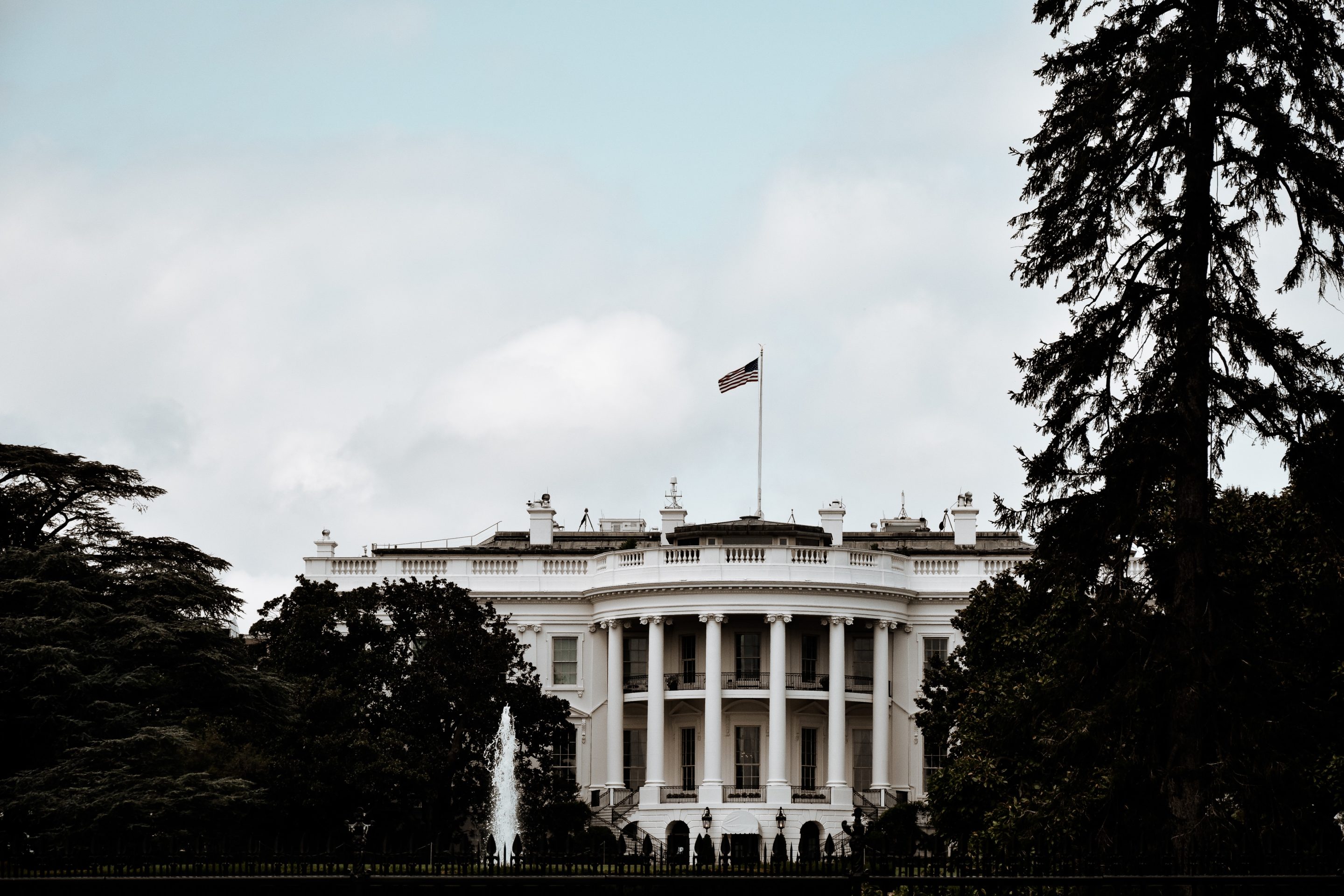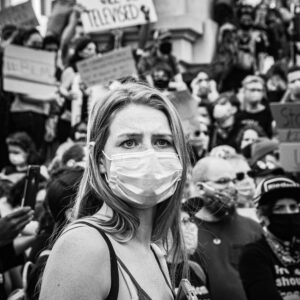The January 6th Committee recently concluded its public hearings to share the evidence it gathered regarding the attempted insurrection on January 6th, 2021. The committee spent hours laying out the case that President Trump incited and supported the rioters who stormed the Capitol building to kill Vice President Mike Pence, along with other members of Congress, to prevent the certification of the electoral college vote. In fact, there was so much evidence that the committee announced it would hold a second round of public hearings in the fall.
I watched some of the hearings, but couldn’t bring myself to be held rapt by them. It’s not that I didn’t think the information was important, but I kept asking myself one question: what’s the point of all of this? Not only does it appear that Trump won’t be charged with a federal crime, but there’s apparently not even a way to prevent a man who incited an insurrection from attempting again to lead the very government he tried to overthrow.
The absurdity of the President, the person who is supposed to execute the laws, being above the law would be too much to bear if we hadn’t already been conditioned to it. We’ve been in this place before. Many people hoped, myself included, that the Robert Mueller investigation would bring some form of justice and accountability to the presidency.
While the investigation found no evidence of collusion between President Trump and Russian actors who tried to influence the election, the report stopped short on the matter of obstruction of justice. Instead of calling for an indictment against Trump, the Mueller report referenced a memo from 1973 by the Office of Legal Counsel for the Attorney General.
The memo states that a sitting president cannot be indicted for a crime. The memo was revisited and reaffirmed in a follow-up memo in 2000. In part, the latter memo states that “the indictment or criminal prosecution of a sitting president would unconstitutionally undermine the capacity of the executive branch to perform its constitutionally assigned functions.”
President Trump may be the latest (and perhaps most egregious) example of executive malfeasance, but he is hardly the only president to behave unethically, if not outright break the law. In the infamous Starr Report, special counsel Kenneth Starr concluded that President Clinton had lied under oath about his affair with Monica Lewinsky. Clinton admitted as much when he surrendered his Arkansas law license in 2001. President Richard Nixon also broke laws during the Watergate scandal, but President Gerald Ford’s pardon of him prevented prosecution.
While no explicit laws may have been broken, President Bush and several members of his administration misled the country into the disastrous Operation Iraqi Freedom in 2003. At best, he and his subordinates displayed gross incompetence when relying on incorrect intelligence (and in some cases, fabrications) to make the case for war. At worst, the Bush administration actively deceived the American people.
So how is it that presidents continue to avoid legal consequences for their actions? If I lie under oath, or incite violence, I will be held criminally and civilly liable. Yet it is a matter of federal policy that a sitting president is basically above the law. Adding insult to injury, this protection seems to extend beyond the end of a president’s term as well — Clinton surrendered his law license to avoid indictment for perjury. Otherwise, there have been no real consequences for the illegal and unethical actions of American presidents.
It remains to be seen if President Trump will face any legal consequences for his actions as president, but this outcome must not be left to chance. The first step that must be taken is to rescind the 1973 OLC memo which places the president above the law. If a president is indicted and cannot carry out their duties, then treat it like any other incapacitation of the president- their duties fall to the Vice President. Removing the immunization of sitting presidents will discourage them from breaking laws, and hold them accountable when they do.
Rescinding the 1973 memo will also make it more likely that former presidents may be investigated and charged if they commit crimes. There’s an argument that allowing for the investigation of former administrations will send the United States into a politically motivated spiral of investigations against political rivals. That may happen but it can’t be worse than the reality we are dealing with — a group of current and former presidents who can do essentially anything without fear of repercussions.






